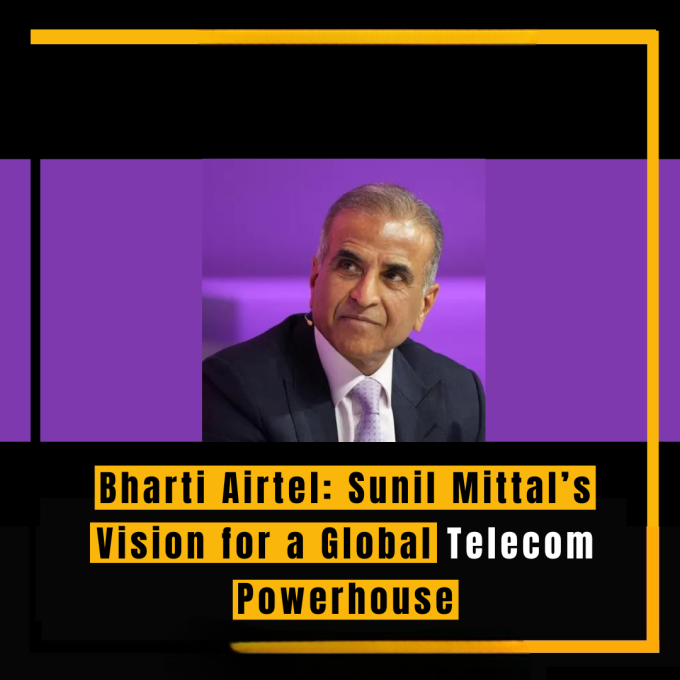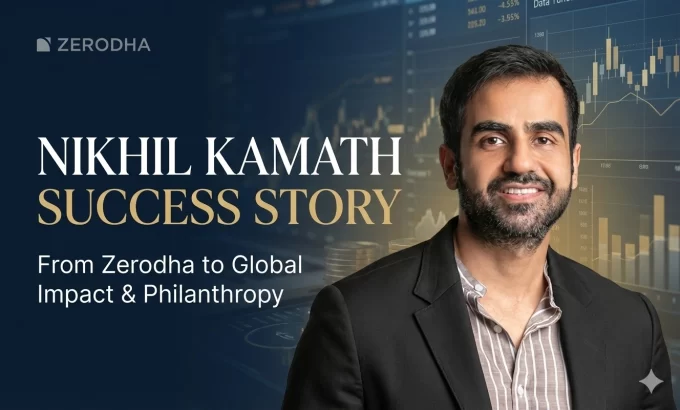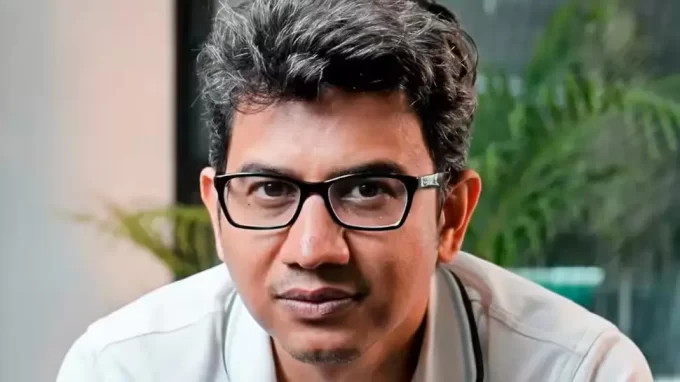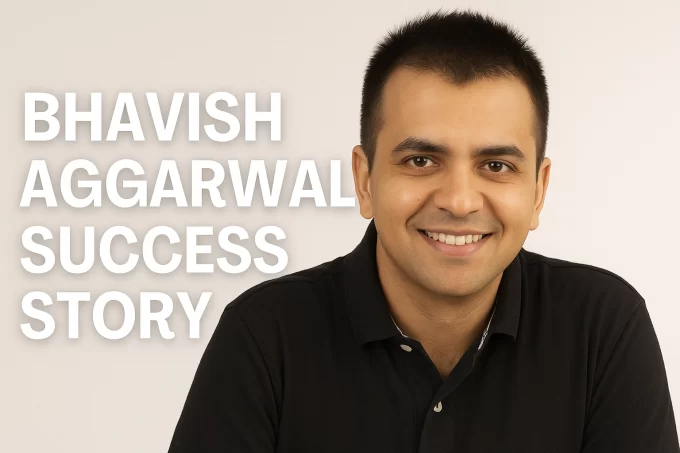In the realm of telecommunications, few names resonate as strongly as Bharti Airtel, founded by telecom tycoon Sunil Mittal. Established in 1995, Bharti Airtel has grown to become one of India’s largest mobile phone operators, boasting an impressive customer base of over 500 million across South Asia and Africa. This remarkable journey reflects not just Mittal’s entrepreneurial vision but also the transformative power of telecommunications in connecting millions.
The Rise of Bharti Airtel
Bharti Airtel’s inception was rooted in Mittal’s ambition to bring affordable telecommunications to India. With the liberalization of the Indian economy in the early 1990s, opportunities in the telecom sector flourished. Mittal seized this chance, launching Airtel with a focus on quality service and innovative offerings. By embracing technology and customer-centric solutions, the company quickly gained a foothold in a rapidly evolving market.
Over the years, Airtel expanded its offerings beyond traditional mobile services, venturing into broadband, digital television, and enterprise solutions. This diversification has not only enhanced its revenue streams but has also positioned Airtel as a comprehensive digital services provider.
A Stronghold in South Asia and Africa
Today, Bharti Airtel operates in 18 countries, including major markets like India, Bangladesh, and several nations in Africa. The company’s growth trajectory in Africa, where it launched operations in 2010, has been particularly noteworthy. Airtel Africa has become a key player in the continent’s telecom landscape, providing critical connectivity in regions that often lack reliable services.
The company has tailored its offerings to meet the unique needs of different markets. For instance, Airtel has focused on providing affordable data plans and innovative payment solutions, addressing the needs of customers in developing economies. This approach has not only fostered customer loyalty but has also contributed to the financial inclusion of millions.
Innovation and Technology
Airtel’s success can be attributed to its continuous investment in technology and innovation. The company has been at the forefront of adopting cutting-edge technologies, from 4G networks to the burgeoning field of 5G. By prioritizing network expansion and infrastructure development, Airtel has consistently delivered reliable connectivity, even in challenging terrains.
Moreover, Airtel has embraced digital transformation. The introduction of platforms like Airtel Thanks and Airtel Money reflects the company’s commitment to enhancing customer experience through digital solutions. These platforms not only simplify transactions but also offer a wide range of services, from bill payments to recharges, all through a user-friendly interface.
Facing Challenges and Future Prospects
Despite its impressive growth, Bharti Airtel faces significant challenges, including fierce competition from rival operators and regulatory hurdles. The telecom landscape in India is characterized by rapid changes, with new entrants and disruptive business models reshaping the industry. However, Airtel’s strong brand equity and commitment to quality position it well to navigate these challenges.
Looking ahead, Airtel is focused on expanding its digital ecosystem and exploring new avenues for growth. The increasing demand for high-speed internet and data services presents a significant opportunity for the company. With the rollout of 5G technology on the horizon, Airtel is poised to lead in providing next-generation services that cater to both consumers and businesses.
Conclusion
Sunil Mittal’s Bharti Airtel is more than just a telecommunications company; it is a testament to the power of vision, innovation, and adaptability. With a robust customer base spanning continents and a commitment to connecting people, Bharti Airtel continues to shape the future of telecommunications in India and beyond. As the company embarks on its next chapter, it remains a beacon of progress in an increasingly interconnected world.









